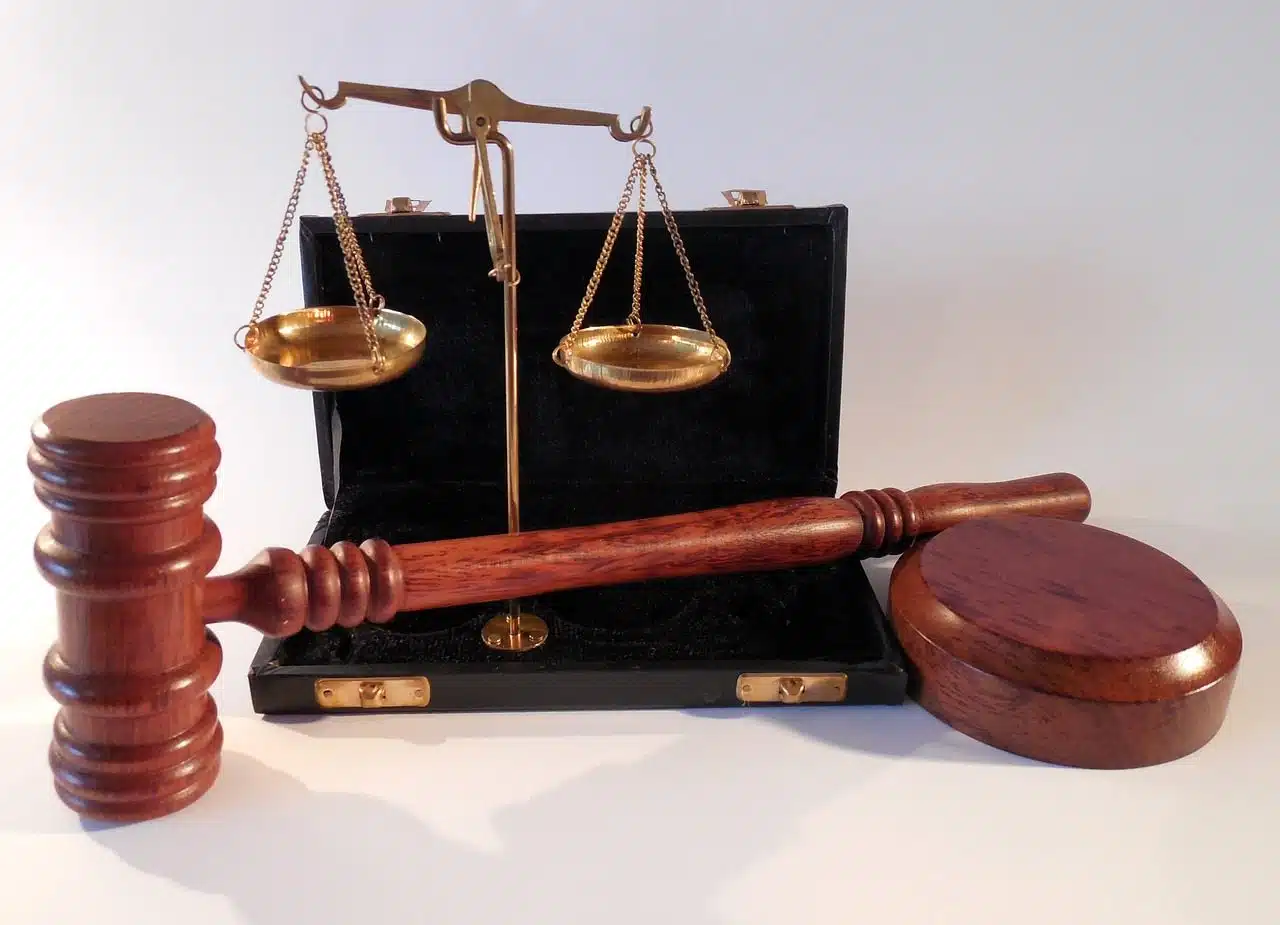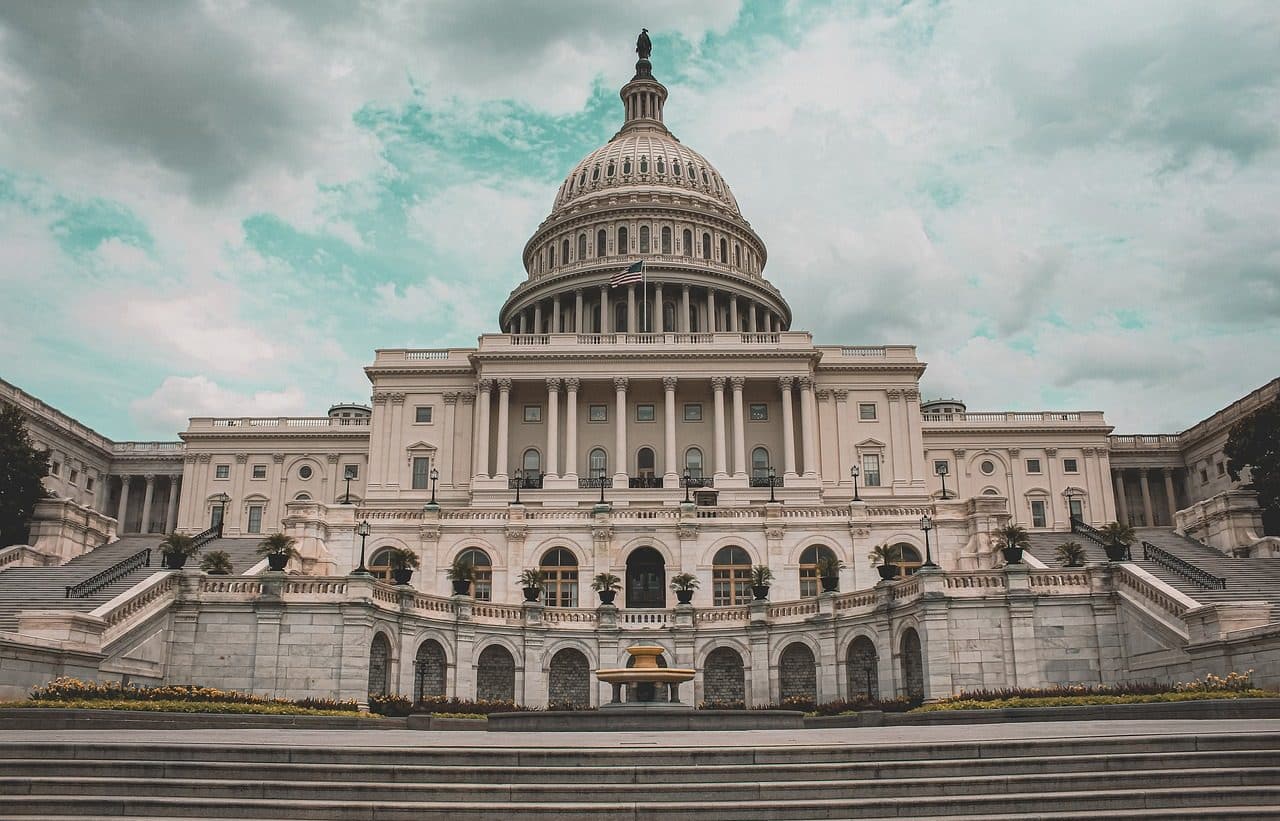
The legislative power allows the creation of laws.
The legislative power is that which lies in the power to develop and modify laws . In this way, an institution (which, in a democratic regime, is the Parliament or Congress ) is responsible for regulating the rights and responsibilities of citizens, in accordance with what is established by the Constitution .
Before entering fully into the meaning of the concept, it is necessary to determine the etymological origin of the two words that make it up. Specifically, both derive from Latin:
- Power emanates from posere and this from posse , which can be translated as "master" .
- Legislative , on the other hand, is the result of the sum of several components: lex , which is synonymous with "law" ; -lat- , which indicates "produce" ; and the suffix -tive , which is used to make clear an active or passive relationship.
The legislative power of the State
The most important powers of a State are three: create the laws that regulate the functioning of society, administer these rules and specify the development of public policies. This allows the State to be divided into three great powers, exercised by different institutions: the executive branch , the judicial branch and the legislative branch .
Deputies and senators are the officials in charge of proposing new laws and modifying existing ones. When reference is made to this body or to the bodies that make up the institution, the concept of Legislative Power must be written with initial capital letters. For example: "The Legislative Branch will debate this afternoon the reform of the adoption law" , "We have to ensure that our proposal reaches the Legislative Branch" , "People are tired of not having answers from the Legislative Branch" .

Senators and deputies make up the Legislative Branch.
The case of Spain
Each country establishes its specific guidelines and legislation regarding the legislative power. However, in the case of Spain the following aspects can be highlighted:
- The Cortes Generales are in charge of this, which are divided into two: the Congress of Deputies and the Senate, which represent the people.
- Both chambers have the mission of undertaking the approval of the general budgets of the State and exercising the corresponding legislative responsibility.
- The Senate is known as the Upper House, its mandate lasts four years and its number varies.
- The Congress of Deputies, for its part, is the Lower House, it has between 300 and 400 deputies and its mandate is also four years.
In addition to all of the above, it must be established that those in charge of the legislative power fulfill the following missions:
- Call a referendum, at the proposal of the President of the Government and as long as it has the prior authorization of the Congress of Deputies.
- Sanction and promulgate laws.
- Call elections, as established in the Constitution.
- Summon and dissolve the Cortes Generales.
The control carried out by the Legislative Branch
It should be noted that the Legislative Branch not only deals with the development and changes in legislation, but is also responsible for controlling the actions of the Executive Branch and the Judicial Branch, having the possibility of promoting political trials .
When some sector takes the Executive Branch by force, it is common for it to dissolve the Legislative Branch, since the de facto regimes leave the application of the Constitution suspended.
